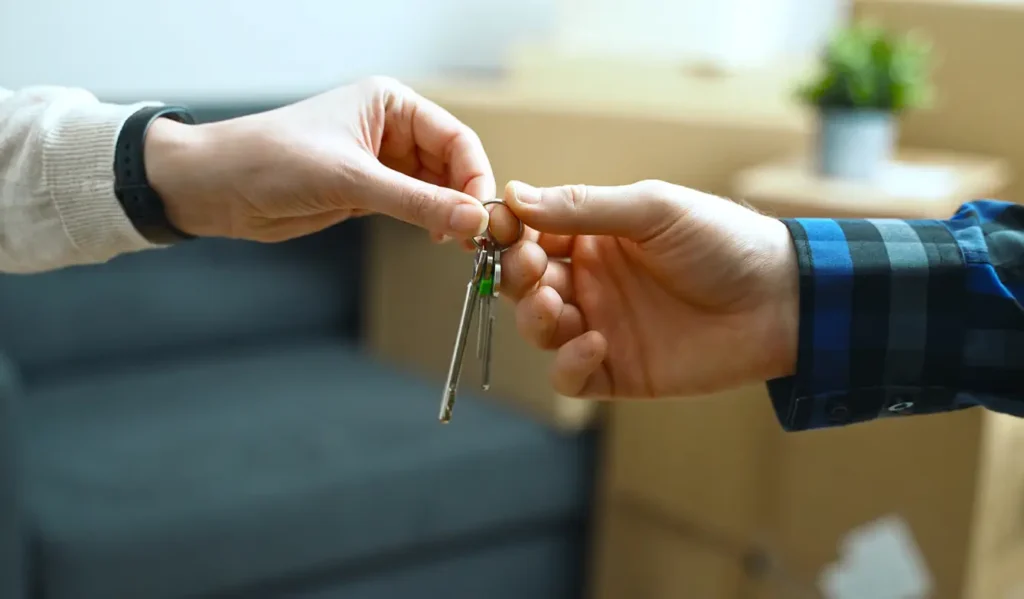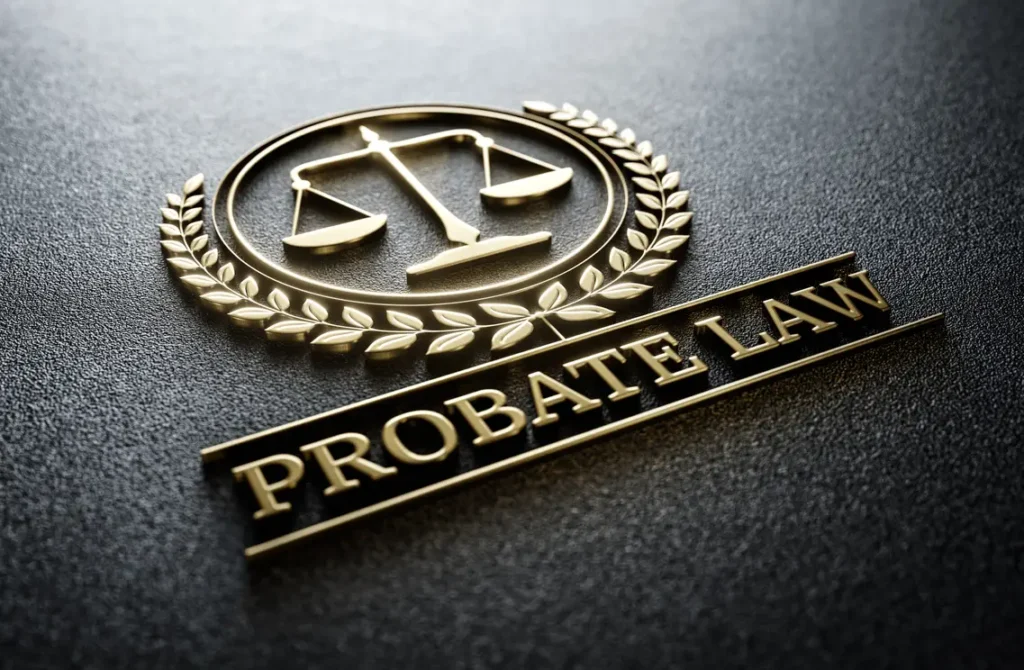Sometimes, after a person passes away, there may be reasons to challenge some of the actions that the person took before death. One instance in which a decedent’s actions may be challenged is when the person has conveyed a deed and there is an allegation that the undue influence of a party may have had a significant impact on to whom the deed was granted. If you believe that your loved one was the victim of undue influence, you need an experienced and reputable estate litigation lawyer.
What is Undue Influence?
Undue influence occurs when someone applies pressure to the free will of another to the point at which it can be said that the latter person is acting at the will of the person who is wielding the influence instead of his or her own free will. Undue influence can be the result of the mental health or medical condition of the person being influenced as well as the relationship he or she has with the person with influence. In addition, the nature of the transaction and the decedent’s knowledge regarding these matters is taken into account when examining undue influence. Undue influence is a common ground for setting aside a deed.
Burden of Proof When Undue Influence May Have Occurred in the Conveyance of a Deed
In 2014, California modified the definition of undue influence to take into consideration the way in which the elderly are taken advantage of by people who they may trust. Generally, the burden of proof is on the party challenging the deed to demonstrate that undue influence played a significant role in the execution of the deed. Evidence of undue influence can include 1) the victim’s vulnerability, 2) the authority of the influencer, 3) the conduct of the influencer, or 4) the fairness of the outcome being challenged or a combination of these factors weigh in favor of a finding of undue influence. The party can prove these factors through the use of circumstantial evidence. Thus, the party challenging the deed must demonstrate that someone was able to exert excessive persuasion over the decedent who granted the deed in order to have the deed set aside.
Shifting the Burden of Proof
There are certain instances in which there is a presumption that undue influence took place unless a party is able to prove otherwise. Certain relationships give rise to this presumption. Some relationships which give rise to a presumption of undue influence include signing a deed over to a caregiver or a person who is in a fiduciary relationship with the decedent (such as an attorney-in-fact, a trustee, or the drafter of the instrument, . Thus, demonstrating that the relationship between the decedent and the beneficiary of the deed lent itself to undue influence can shift the burden of proof to the other party to prove that undue influence was not a factor. In addition, if the beneficiary of the deed was an active participant in drawing up the deed, this can result in the burden of proof being shifted to that party as well. If you or someone you know believes that a loved one who passed away was the victim of undue influence by someone who acquired a deed wrongfully and wish to challenge the conveyance of such deed you need the experience and expertise of an estate litigation lawyer in Los Angeles such as the Keystone Law Group, P.C.
For further information or to schedule an appointment please contact Keystone Law Group, P.C. at 310.444.9060 or visit www.Keystone-Law.com.










